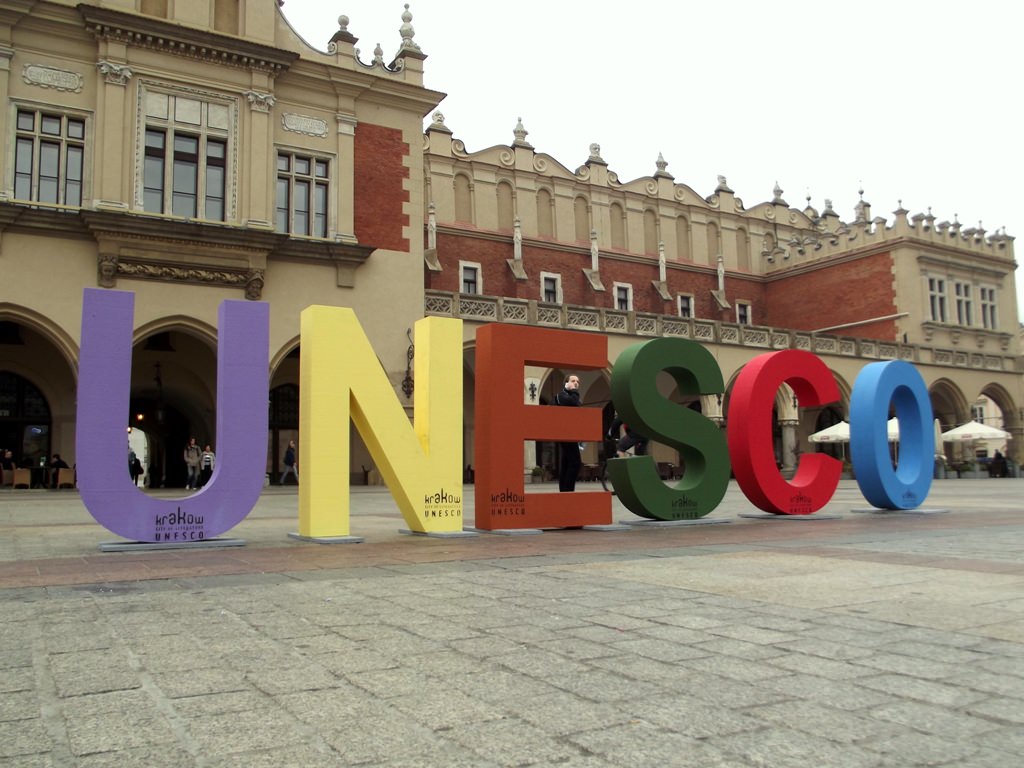Politics
US Returns to UNESCO in Bid to Guide the Politics of AI & Internet
By Mara Lafontaine · July 25, 2023
In brief…
- The US has returned to UNESCO after a five-year absence, reversing a Trump-era decision.
- The return was a complex process, requiring the Biden administration to gain Republican support.
- The US has a tumultuous history with UNESCO starting with Ronald Reagan, the first president to withdraw from the educational and scientific policy organization.
- America's return was driven in part by concerns over China's ambition to control UNESCO, which exerts significant influence over the global tech sector.

After a near five-year absence, the United States has rejoined UNESCO, the United Nations Educational, Scientific and Cultural Organization, reversing the Trump administration’s decision to cut ties with the organization citing its “anti-Israel bias” and $500 million in backlogged dues.
Former U.S. diplomat William Jordan told France24, “It just took time for the Biden administration both to come up with the pretext to get back into UNESCO, and then twist the arms of enough members of Republican members of Congress to agree with what would have to be the budgetary allocations to make up for unpaid dues to the organization.”
A noted foreign policy veteran, Jordan recounted America’s on-again-off-again history with UNESCO, including its controversial 1985 withdrawal from the organization under President Reagan, its 2011 termination of financial support under President Obama when Palestine was granted full UNESCO membership, and its 2017 withdrawal under President Trump over anti-Israel bias. Jordan noted that America’s latest reentry to UNESCO comes with Israel’s consent.
Mr. Jordan believes America’s return is intended to protect its domestic tech sector from China’s ongoing campaign to assert control over AI and the Internet, both of which UNESCO plays a major role in regulating. “It’s better to be in the room and to be contesting the decisions you don’t like and to push for the decisions that you want. And with China, up until now, being the major contributor to UNESCO, it was going to undeniably have more weight when UNESCO came to consider important things like AI and possible rules governing the internet,” said Jordan.